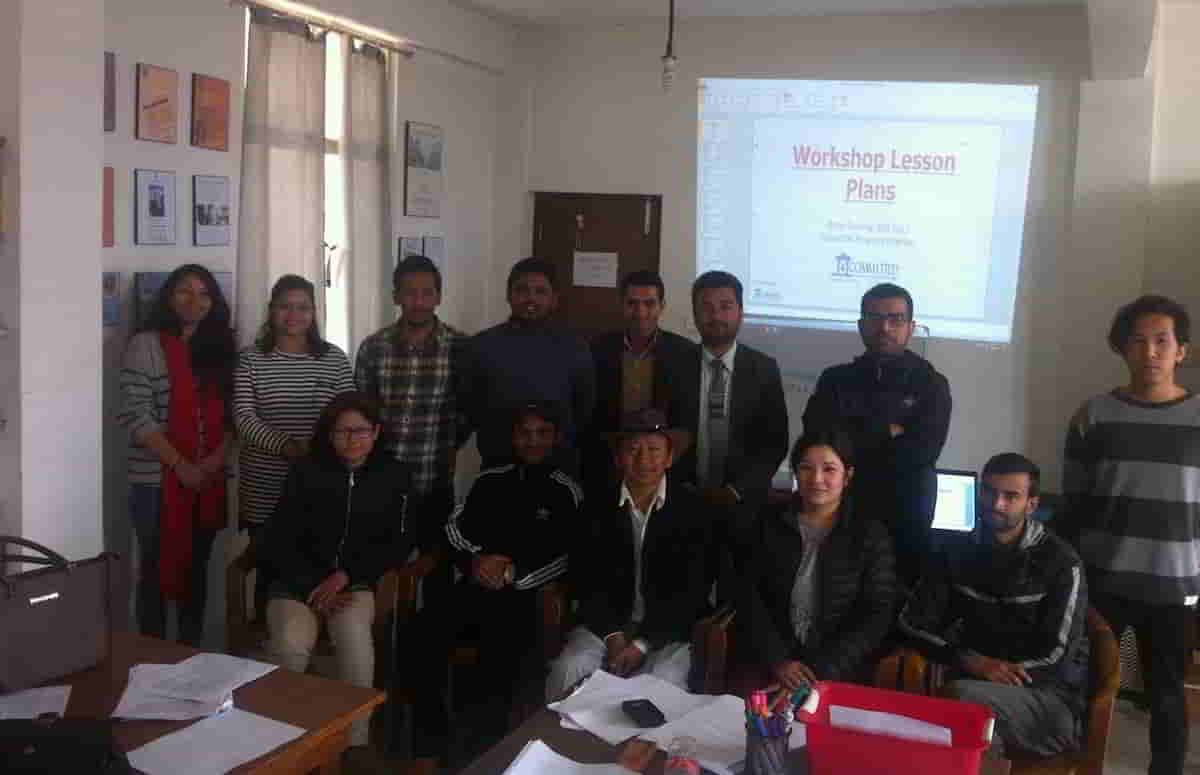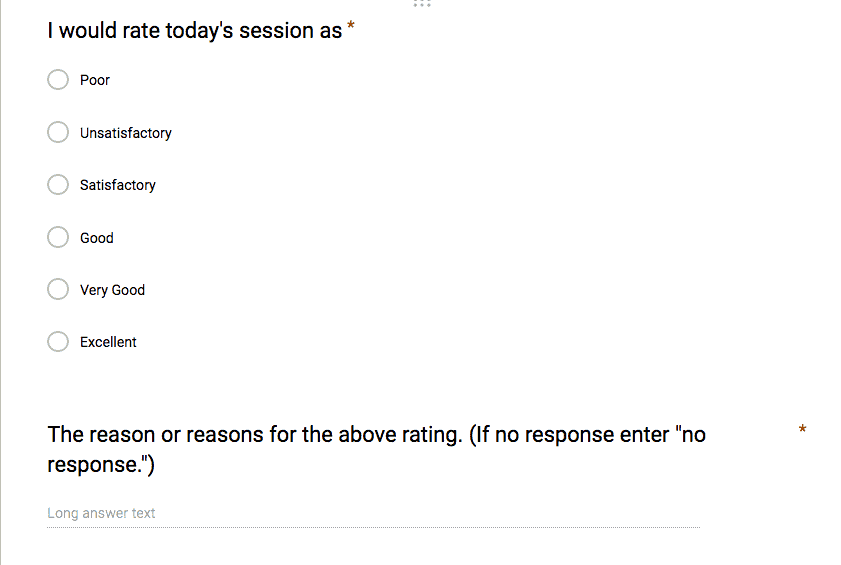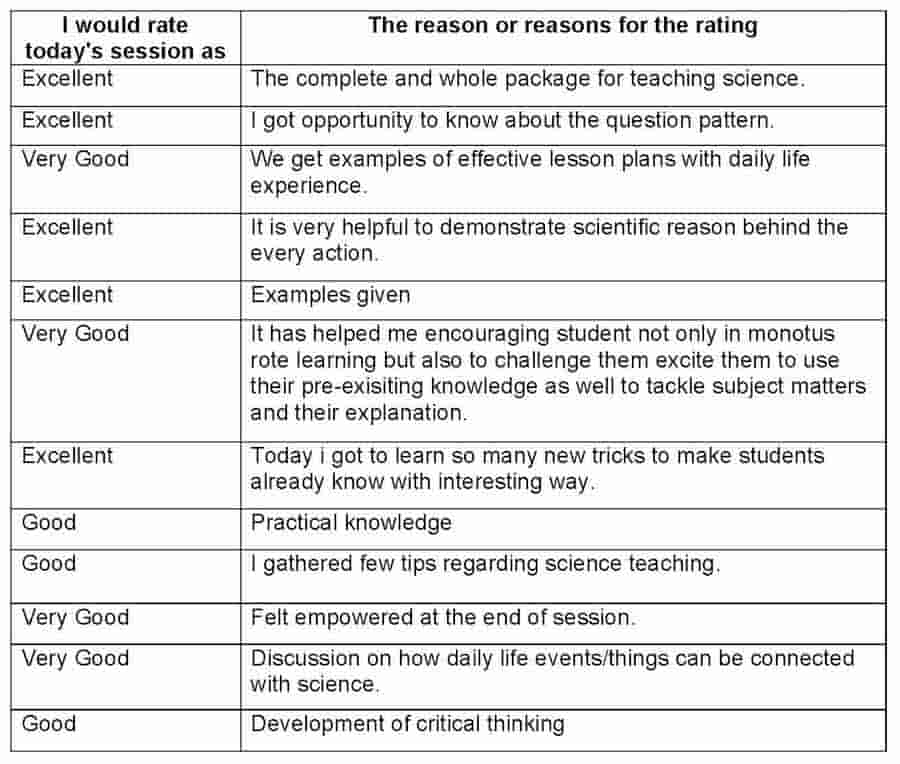
Since January 12, 2018 I have been running the US Embassy’s Book Bus teacher empowerment program Everyday Science: Learn, To Teach; Teach, To Learn.
I promised the participants that I would share, online, most of what I shared with them in the workshops, that I would share them in the form of blog posts. This is the seventh and final one. (Click here for the blog post Everyday Science: Learn, To Teach; Teach, To Learn where you can find links to all the blog posts about the workshops.)
In the first part of this session, we analyzed test papers. I had the participants identify the kind of skill being assessed for by each question in the grade 9 test paper as well by the questions in a test paper I used to assess a group of my students at The International School of Azerbaijan.
You can find the details in this PDF version of the PowerPoint presentation, though I didn’t have them do everything exactly the way I had planned! Click here for a copy of my test.
The point of the exercise had been to show how science tests and exams in Nepal assess only the most basic skills — recall and understanding — but how they can and should assess mastery of higher level thinking skills — applying, analyzing, evaluating and creating.
In the second part, my plans had been to revisit Curriculum Design to actually brainstorm specific ideas for teaching specific topics and concepts etc. Except, a discussion ensued on how much of what I have talked about and what we went over during the course of the workshops are difficult to implement because of the many hurdles teachers in Nepal face. There was also a general consensus on how badly teachers are viewed and treated by everyone — from students to administrators to parents — and how trying to do things differently would be viewed with suspicion.
So, I ended up first sharing more of what I had done with my students. And second giving them a pep talk on how, regardless of how others view or treat you, because you are just a teacher, we cannot and should not lose respect for ourselves and for the work we do.
My sense is that there are a lot of teachers in this country — genuine teachers who love teaching, want to improve their teaching and want do a really good job of teaching children how to think — who feel really really disenfranchised and demoralized by our education system, by our culture, and by how they are viewed and treated.
Now that the workshops have come to an end, click here for a PDF document of my lesson plans for the seven sessions. The slight difference between a few of them was deliberate; I wanted to show how there isn’t just one format for lesson plans.
Once again, I had them submit anonymous reflections. One of the first questions in the sheet asks them to rate the session and provide a reason(s) for the rating.
Here’s how the participants rated the session and their reasons.
What do you think?



